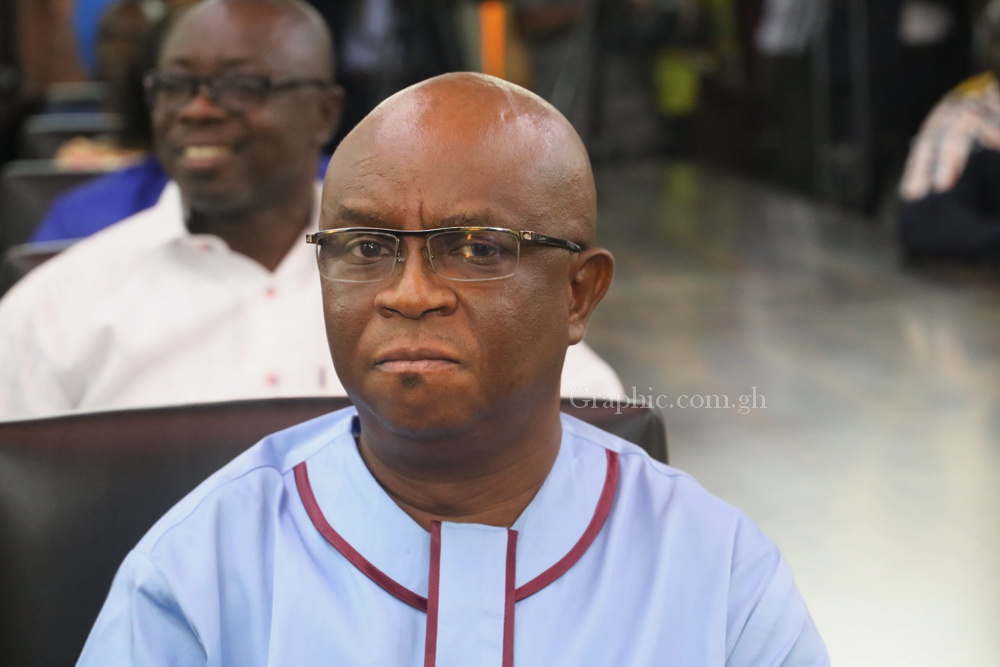
Accelerate implementation of decentralisation policy — Dr Letsa
The Volta Regional Minister, Dr Archibald Yao Letsa, has underscored the need for intensified actions for accelerated implementation of the decentralisation policy so as to bring decision making and governance closer to citizens.
“Governments throughout the world are encouraged to devolve central power and authority towards strengthening the participation of actors at the local level in local governance and activities. Participation in local governance, which has been minimal in the past, is now increasingly pursued in a bid to improve the performance of governments,” he said.
Amended local government law
In a speech read on his behalf at the opening of a sensitisation programme organised by the Institute of Local Government Studies for selected heads of departments on the revised Local Governance Act, Act 936 in Ho in the Volta Region, Dr Letsa said the decentralisation process was a non-negotiable agenda for all governments.
He said the government of the day would focus on effective and efficient decentralisation through greater grass-roots participation, better planning and improved service delivery in local communities.
Dr Letsa, therefore, asked the participants to bring on board meaningful contributions geared towards enhancing the development of citizens through enhanced collaboration and cooperation in the delivery of services and the promotion and encouragement of citizenry involvement in key decisions at the local level.
Read also: Use education to foster cohesion, solidarity - Prez says at Education Summit
Involvement of heads of departments
In an address, a resource person from the National Development and Planning Commission (NDPC), Mr Jonathan Azasoo, asked the selected participants to be abreast of the amended version of the former Local Government Act 462 to Act 936 because it related to officers connected with decentralised departments at the grass roots.
He suggested that officers of decentralised departments could serve on specific committees and subcommittees of district assemblies on the recommendation of their district coordinating directors rather than remain passive until they found themselves in trouble or when they needed resources to enable them to operate.
Mr Azasoo said some district assemblies on the other hand did not recognise the presence of officers and only involved them on demand, adding that both practices were not in the good interest of decentralisation and the local government system.
He, therefore, called for teamwork among all stakeholders in the local governance structure to ensure that the designed framework for rural development was implemented.
